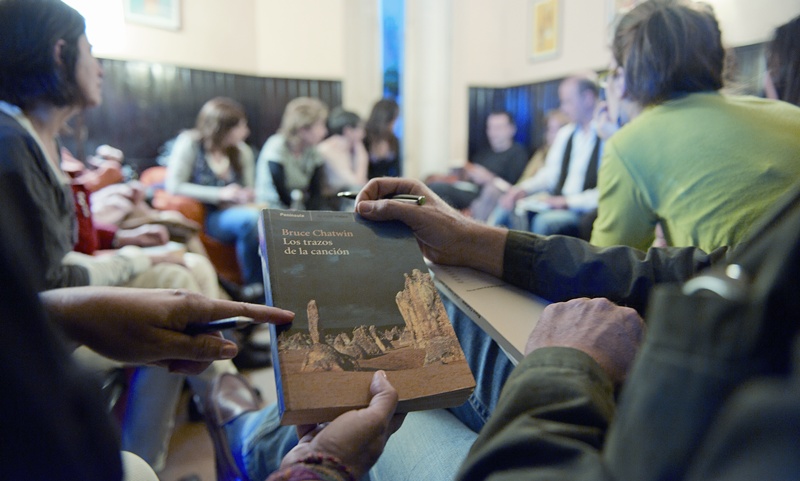Before the existence of the welfare state, people had support networks that took a variety of forms. Workers’ cooperatives, parish or anarchist-run schools, mutual health societies, Catholic care homes, pawnshops, non-denominational or religious choral associations: in 19th-century Barcelona they all formed a social network that was gradually replaced by the welfare state. Social democracy provided citizens with a public health and school system and allocated a budget to the arts.
We are at a worrying crossroads. With each day that passes the so-called welfare state loses more layers. The old assumption that a provident superstructure funded by our taxes will come to our aid in times of need is fading. However, new forms of interaction and cooperation are emerging, often thanks to the immediate connectivity provided by information technology. Online social networks have pushed the internet out into the meeting places, opening up new channels of cooperation from wiki platforms.
The internet connects people who don’t know each other but who could make up for shortfalls. This is about spreading reciprocity. And that is the purpose of BarcelonaActua, an online platform developed by Laia Serrano, which links up people with different needs, be they care- or arts-related. Cooperation strengthens relationships that already exist in the real world and creates new ones; relationships that are not relegated to the virtual world but translate into new, face-to-face encounters, into exchanges and collaborations that bear fruit and broaden the network of people. This is the raison d’être of Lost & Found, a market for unused essential items, which opts for exchange in a world that will be increasingly governed by a reduction in irresponsible consumption, re-use of objects and recycling. Cultural activities will look for ever more imaginative channels, such as the Wikiartmap, Verkami and Fònics 2.0 initiatives, that work not because of financial strategies but thanks to the voluntary collaboration of their participants.
The “Barcelona wiki” section, coordinated and written by Ada Castells, maps out the new forms of collaboration that are emerging in the city thanks to the internet. Whilst the old structures collapse, new ones are created that are much lighter and more decentralised. There are undoubtedly many more that we haven’t detected or that are germinating at this very moment. Nevertheless, we can be certain that the city’s fabric will be rewoven with these invisible and somehow seamless layers.
The old distinction made by the 20th-century Catalan writer Josep Pla, who used to say that in this world we have friends, acquaintances and people we greet, remains totally relevant in the digital world, but it will also become much more dynamic over time. Someone you greet can quickly become an acquaintance and an acquaintance can turn into a friend.




